Cats are sensitive creatures that can experience stress and anxiety just like humans. Understanding the triggers and signs of feline distress is crucial for cat owners who want to ensure their pet’s well-being. Recognizing these symptoms early can help in providing effective solutions to reduce anxiety.
Recognizing Signs of Stress in Cats
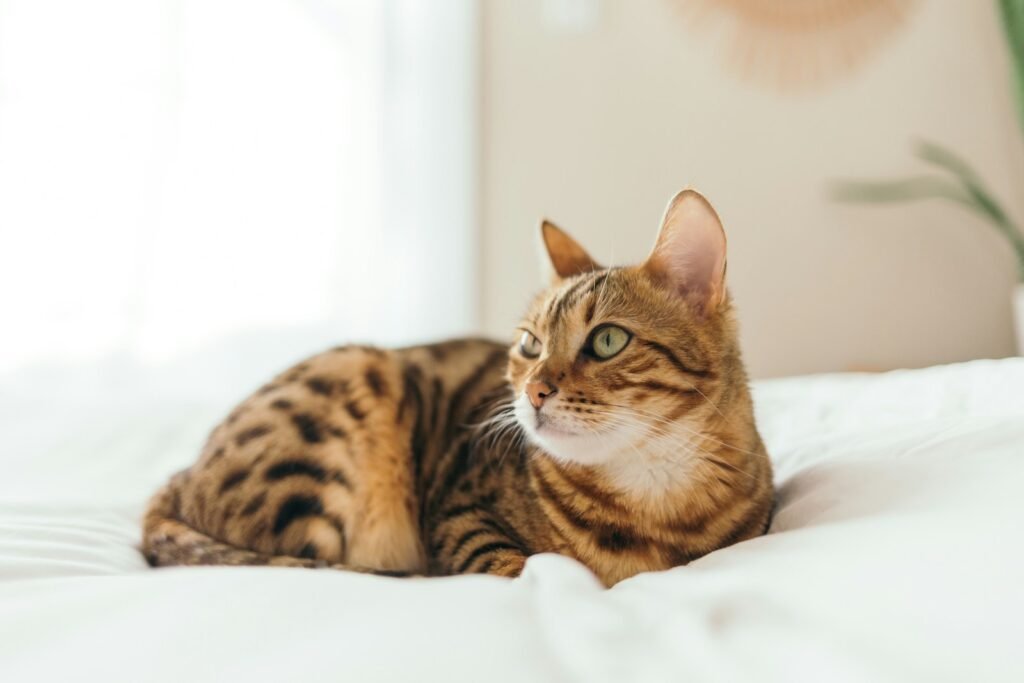
Before addressing the issue, it’s essential to recognize when a cat is stressed. Common signs include hiding, aggression, excessive grooming, changes in eating habits, and vocalization. Observing these behaviors can help determine if your cat is experiencing anxiety.
Identifying Common Stress Triggers
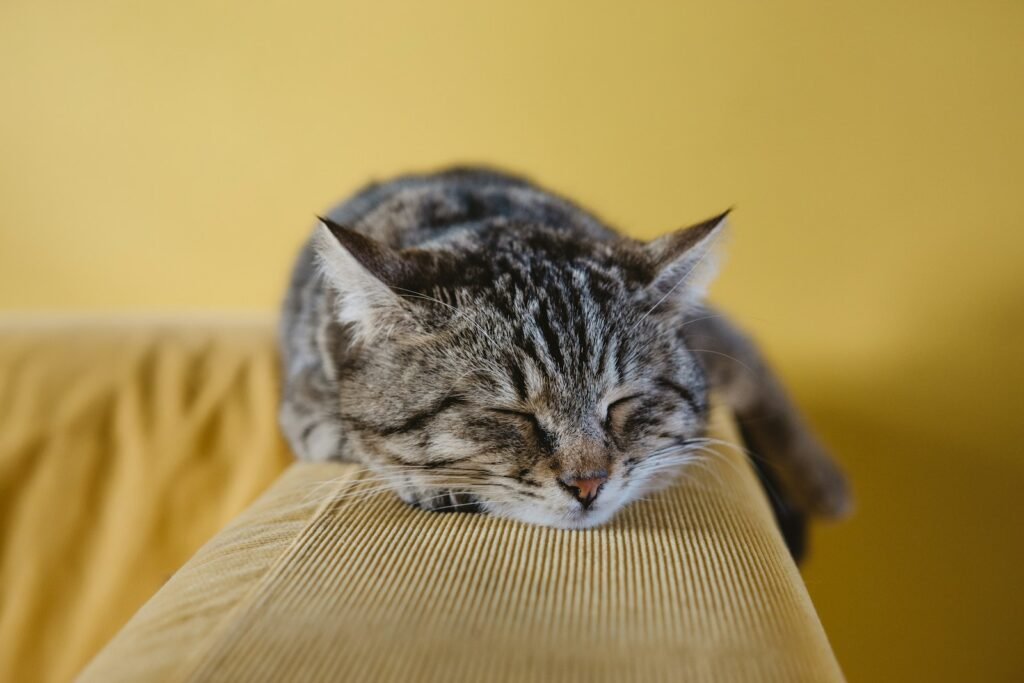
To effectively help your cat, it’s important to identify what might be causing their stress. Common triggers include changes in the household, new pets, changes in routine, loud noises, or a lack of environmental enrichment. Understanding these triggers can guide you in creating a more comforting environment for your feline friend.
Creating a Safe and Comfortable Environment
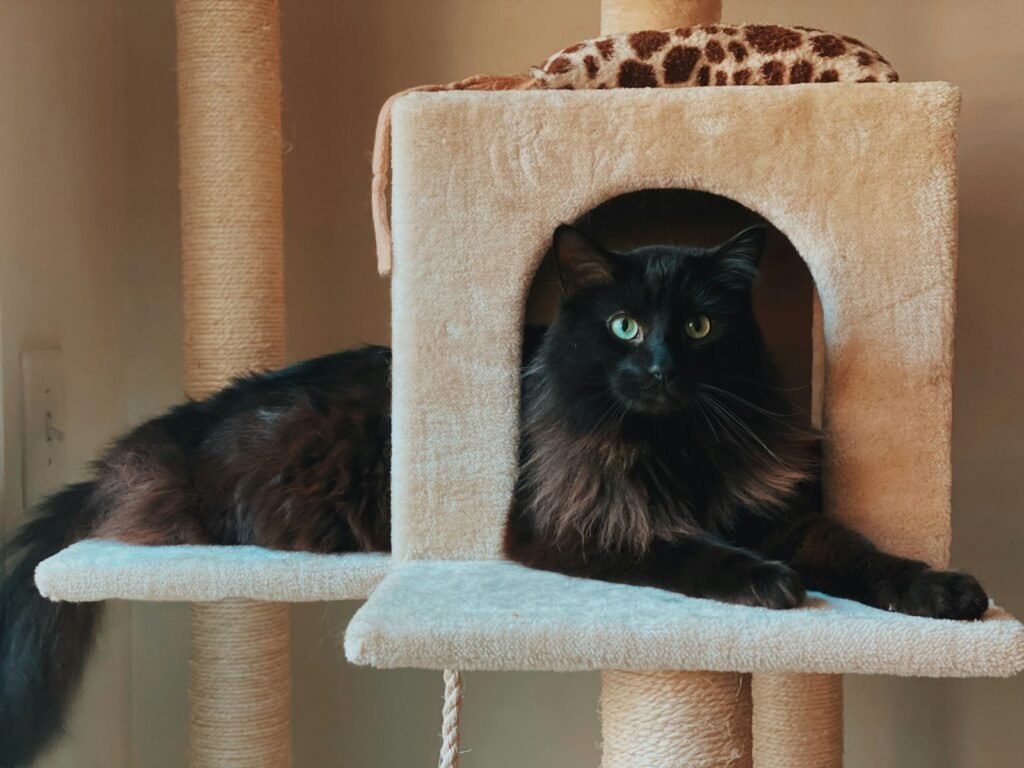
Creating a safe haven is one of the most effective ways to help a stressed cat. Ensure they have a quiet space with comfy bedding where they can retreat when needed. Providing vertical spaces like cat trees can also offer your cat a sanctuary where they feel secure.
Establishing a Consistent Routine
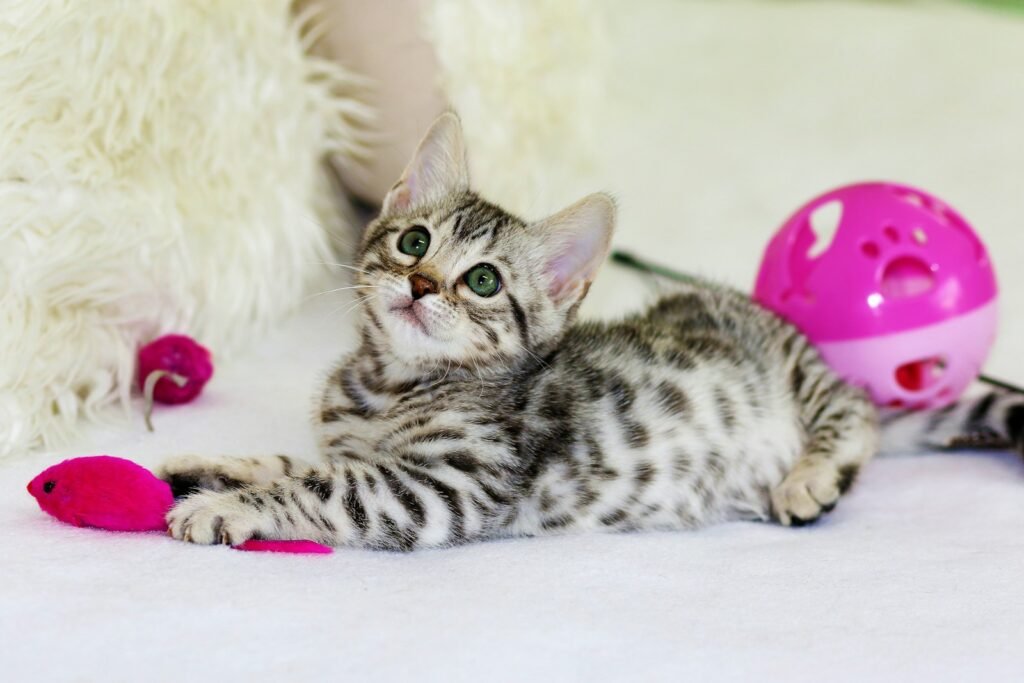
Cats thrive on routine, and disruptions can lead to stress. Maintaining a consistent daily schedule for feeding, playtime, and litter box cleaning can help reduce your cat’s anxiety. Regularity provides a sense of security and predictability for your feline companion.
Enrichment through Play and Exercise
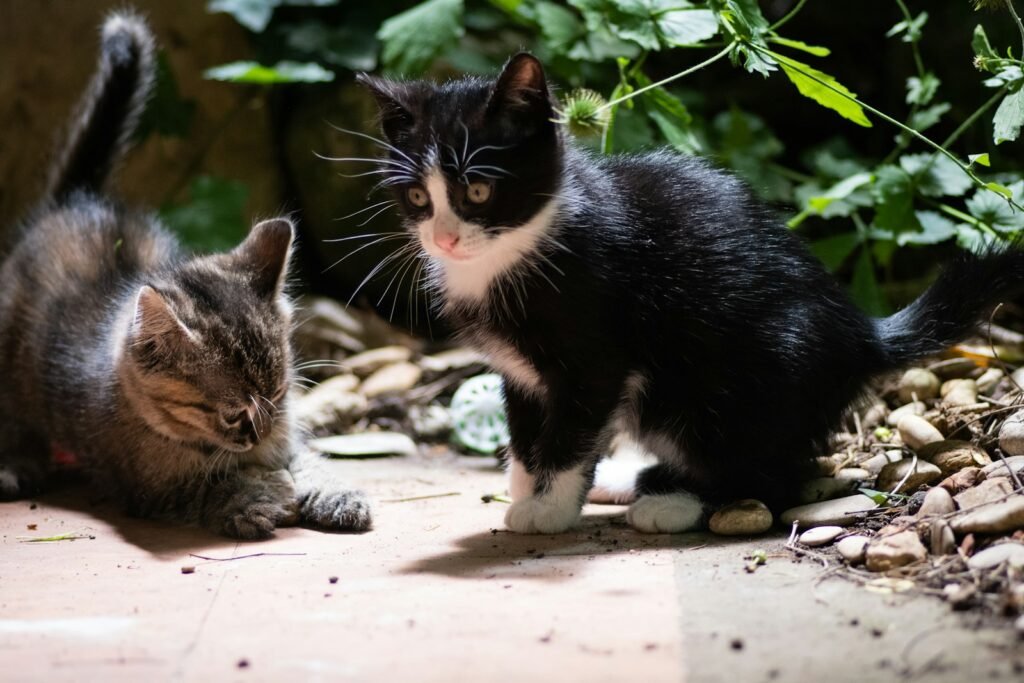
Play is important for both physical and mental health. Engage your cat in interactive play sessions with toys like feather wands or laser pointers. This not only helps alleviate stress but also strengthens the bond between you and your cat.
Using Calming Products

There are various calming products available on the market that can help reduce feline anxiety. Pheromone diffusers, collars, and sprays mimic natural cat pheromones, promoting a sense of calm. Additionally, calming treats and supplements may be useful for some cats.
Providing Environmental Enrichment
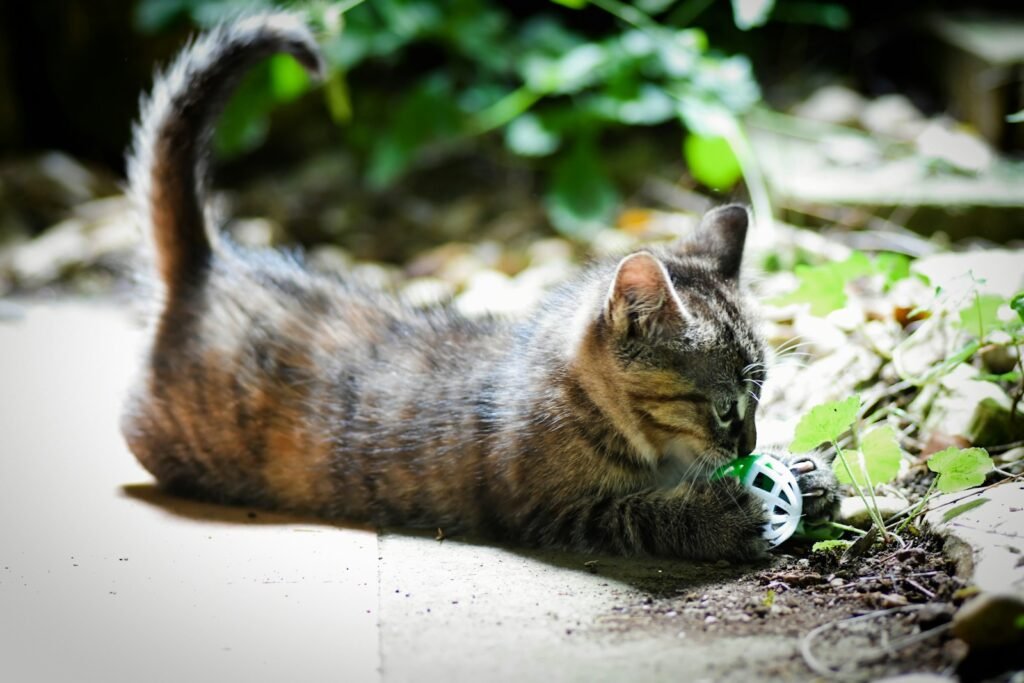
Ensuring your cat has plenty of environmental enrichment can stave off boredom-related stress. Scratching posts, puzzle feeders, and interactive toys can keep your cat mentally stimulated. A window perch can provide hours of entertainment watching the outside world.
Seeking Veterinary Advice
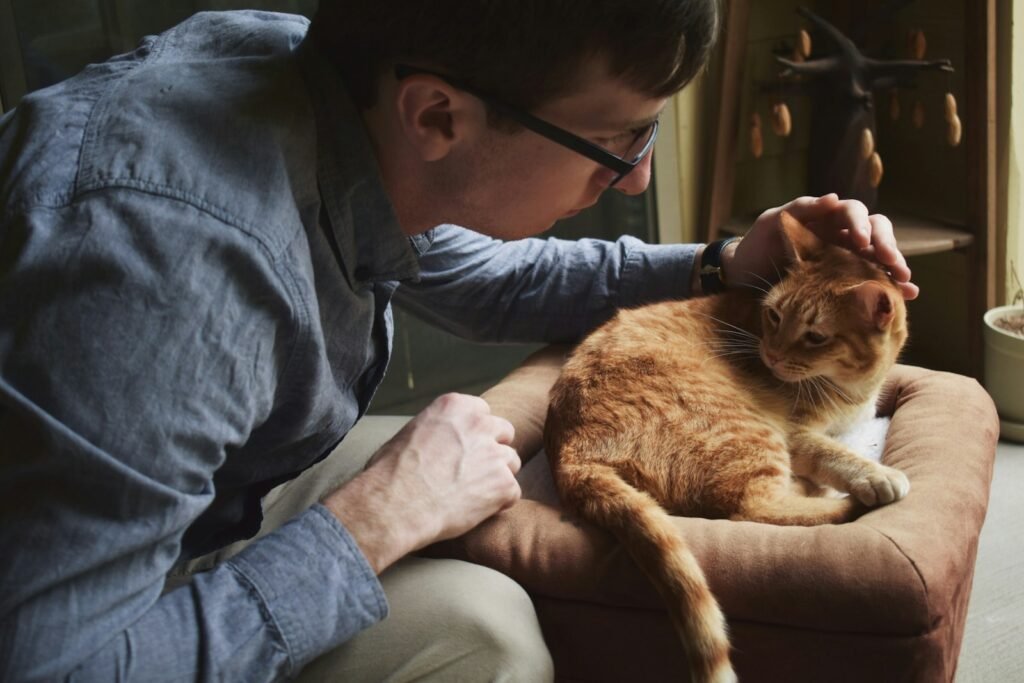
If your cat’s anxiety persists despite your best efforts, it may be time to seek professional help. A veterinarian can rule out any underlying health issues and may recommend behavior therapy or medication to assist in managing your cat’s stress.
Monitoring and Adjusting Strategies

Cats are individuals, and what works for one may not work for another. It’s important to monitor your cat’s behavior and adjust strategies as needed. Experiment with different approaches and remain patient; helping your cat cope with stress is a process that takes time and commitment.
With a thoughtful approach, dedication, and a willingness to understand your cat’s needs, you can significantly enhance their quality of life, helping them to feel secure and happy in their home.

Suhail Ahmed is a passionate digital professional and nature enthusiast with over 8 years of experience in content strategy, SEO, web development, and digital operations. Alongside his freelance journey, Suhail actively contributes to nature and wildlife platforms like Feline Fam, where he channels his curiosity for the Feline into engaging, educational storytelling.
With a strong background in managing digital ecosystems — from ecommerce stores and WordPress websites to social media and automation — Suhail merges technical precision with creative insight. His content reflects a rare balance: SEO-friendly yet deeply human, data-informed yet emotionally resonant.
Driven by a love for discovery and storytelling, Suhail believes in using digital platforms to amplify causes that matter — especially those protecting Earth’s biodiversity and inspiring sustainable living. Whether he’s managing online projects or crafting wildlife content, his goal remains the same: to inform, inspire, and leave a positive digital footprint.






